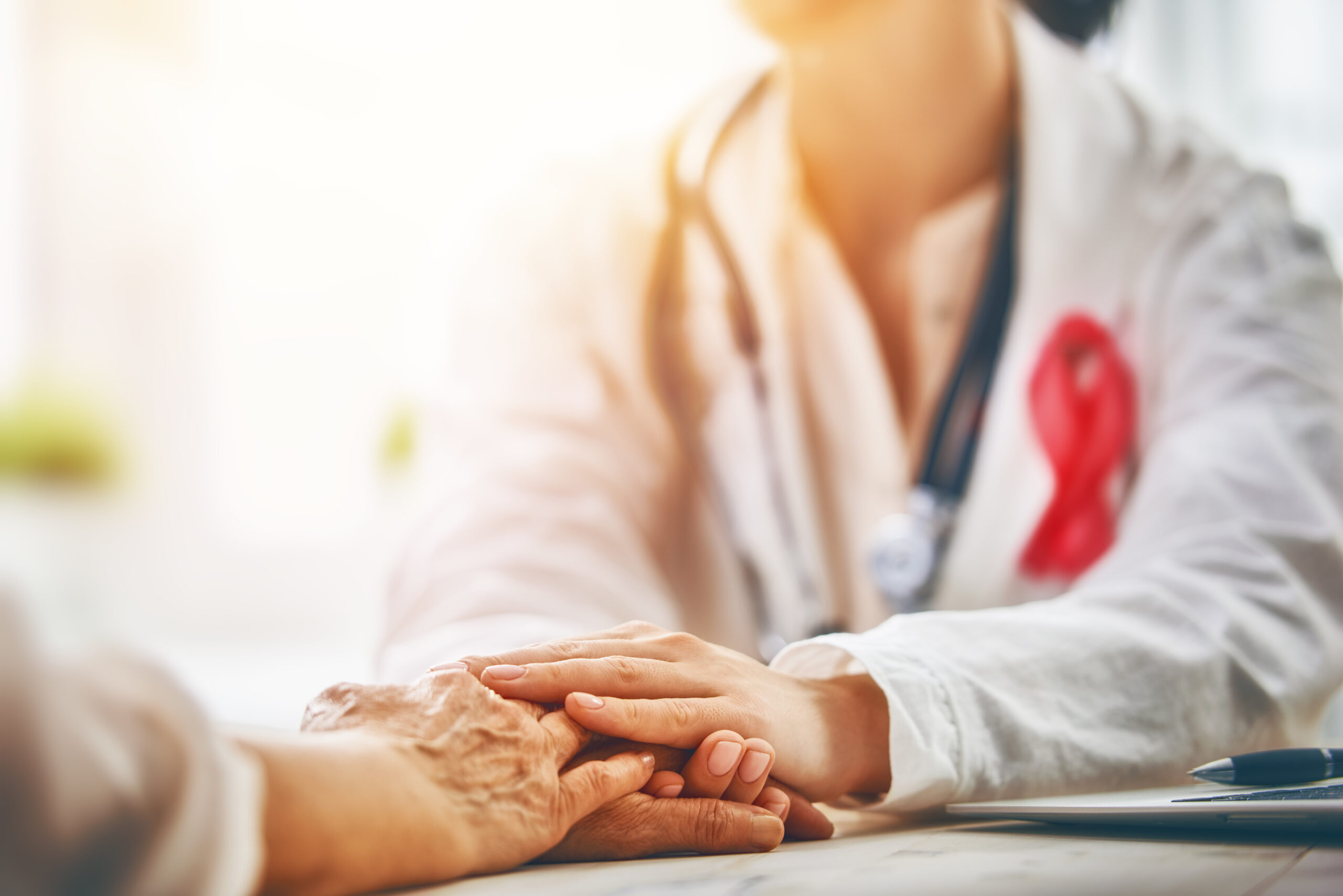Prevention has been on many minds these days in relation to COVID-19. People have been “masking up” for months, being vigilant about handwashing and keeping appropriate “social distance” from others. It is amazing how quickly people adapted their lifestyles to prevent the spread of this disease. Just as COVID-19 has taken far too many loved ones this year, cancer also affects a massive population annually, and there are steps that can be taken to help prevent cancer.
According to the National Cancer Institute, in 2020, an estimated 1,806,590 new cases of cancer will be diagnosed in the United States, and 606,520 people will die from the disease. Studies done by the American Institute of Cancer Research have shown that up to one-third of the most common cancers in the United States are, in fact, preventable. While it’s impossible to prevent all cancers, it’s important to know how you can reduce your risk factors.

February is National Cancer Prevention Month and we’re sharing tips with you so you can be the healthiest version of yourself and help prevent cancer.
Don’t Smoke or Use Tobacco Products
- Stay away from tobacco products (chewing tobacco) and cigarettes. In addition, try to mitigate any exposure to second-hand smoke. These products have been linked to lung cancer, cervical cancer, and head, neck, and mouth cancers.
- Don’t smoke other products (i.e., marijuana, cigars). Based on research, lung cancer risk increases with smoking anything.
- Vaping poses many unknowns in long-term research. However, early research shows that lung damage can be significant, so even though e-cigarettes don’t produce typical smoke, there are still dangerous chemicals within e-cigarettes that can cause serious damage to the lungs and overall health and well-being.
Eat Healthy and Exercise Regularly
Being overweight comes with a host of health issues associated with cancer. It’s even estimated that 1 in 20 cancer cases are caused by excess weight.
- Replace processed foods with whole grains, fruits, and vegetables. Limit soda and juice and replace them with regular or sparkling water.
- Limit consumption of red meats. This includes beef, pork and lamb. Also, avoid processed meats. Replace these red meats with protein sources with healthier proteins like fish, chicken and legumes (lentils and beans).
- Moderate or minimize alcohol intake. For women, the recommendation is one drink a day or fewer. For men, no more than two drinks a day.
- Keep your weight in a normal range (BMI under 25). To learn more about BMI, visit the CDC.
- Don’t use supplements to try to protect against cancer.
- Start small when trying to change your eating habits. For a week or two, focus on reducing sugar until it becomes easier. Then move on to increasing fruits and vegetables. Small changes can lead to better habits and even bigger wins for the long-term!
- Keep moving! Aim for at least 30 minutes a day of moderate-intensity exercise. Even simple walks around the block are helpful. Bodies are meant to move!
Protect Your Skin from Sun Damage
- Cover up and use sunscreen – even in the cold Minnesota winters. Protect your eyes with sunglasses and wear brimmed hats in the summer for additional protection on your face.
- Keep an eye on moles or skin abnormalities. Skin cancer can present itself in many different ways and places. Have a partner check those hard to see places, on your scalp, your back, even behind your ears. Skin cancer does not just appear in places that have had sun damage, it can appear anywhere on the body. Visit the American Cancer Society page on skin cancer.
- If you have concerns, please visit your family medicine doctor or a dermatologist who can review any areas of concern.
Stay On Top of New Vaccines
- Technology is constantly evolving and researchers are constantly trying to find preventative vaccines for various cancers. Keep on top of newly offered vaccines and consider existing vaccines such as the HPV vaccine to prevent cervical cancer or the hepatitis B vaccine to lower the risk of liver cancer.
Take Advantage of Regular Cancer Screenings
- Get Screened! Screenings are currently available and effective for breast, colorectal, cervix, skin, and lung cancers. In addition, some men may benefit from prostate cancer screening. Check with your doctor or healthcare provider about what type of screening is right for you. Regular and routine screenings can find cancer early, at more treatable stages, or even find growths before they become cancerous. These screenings are often considered preventative and are covered in full by many health insurance plans.
Your Family History is Important
- Ask questions of your parents, your grandparents relating to their medical histories. As many cancers can have environmental or genetic tendencies, it is important to know your family history.
- Share familial history with your healthcare provider. For those with a strong family history of cancer or with precancerous conditions, additional prevention methods (including surgery) are available.
Consult Voyage Healthcare
If you have any questions about how to prevent cancer, or if you would like to talk to a medical professional about how you can become healthier, feel free to book an appointment using our online appointment scheduler!